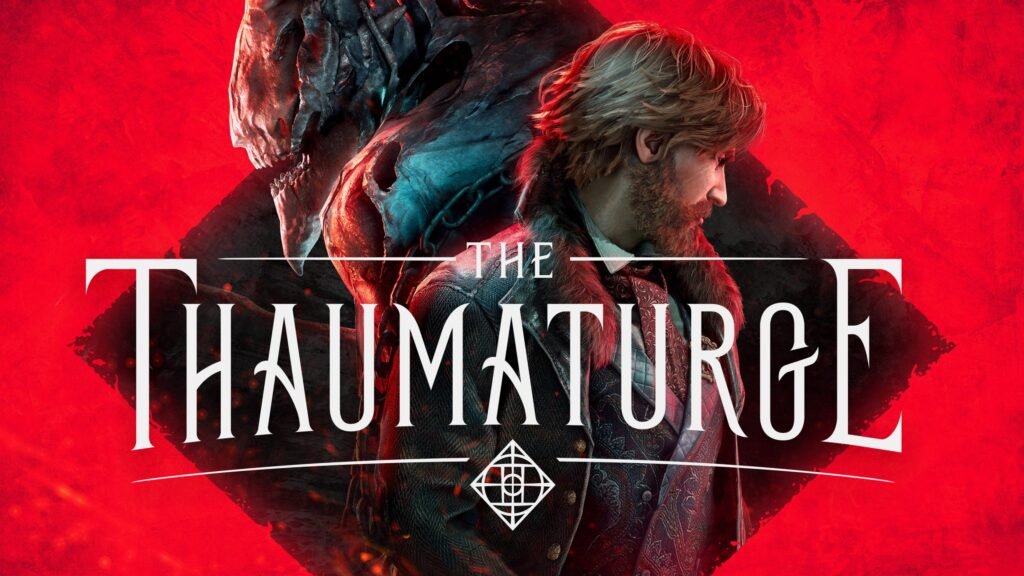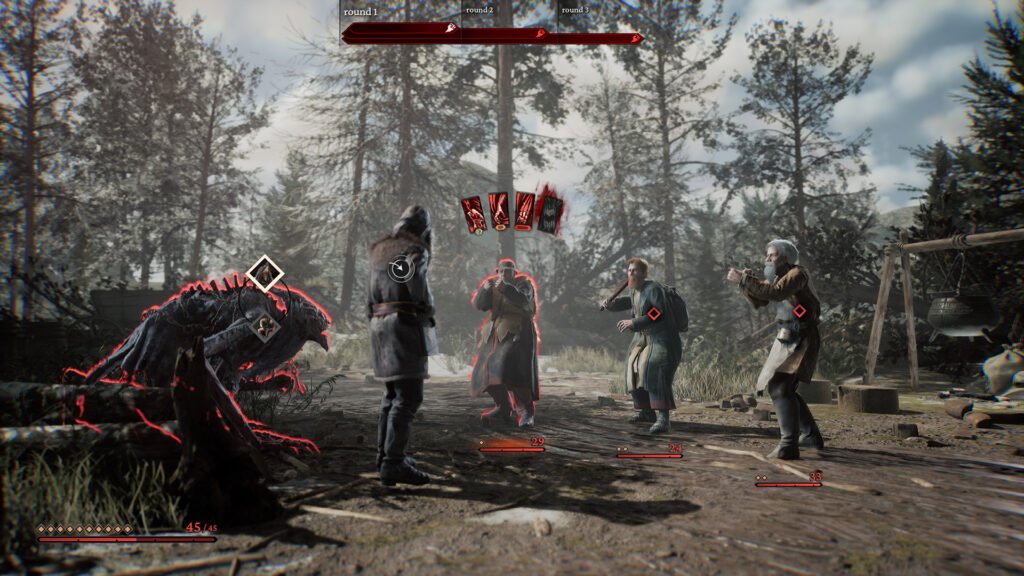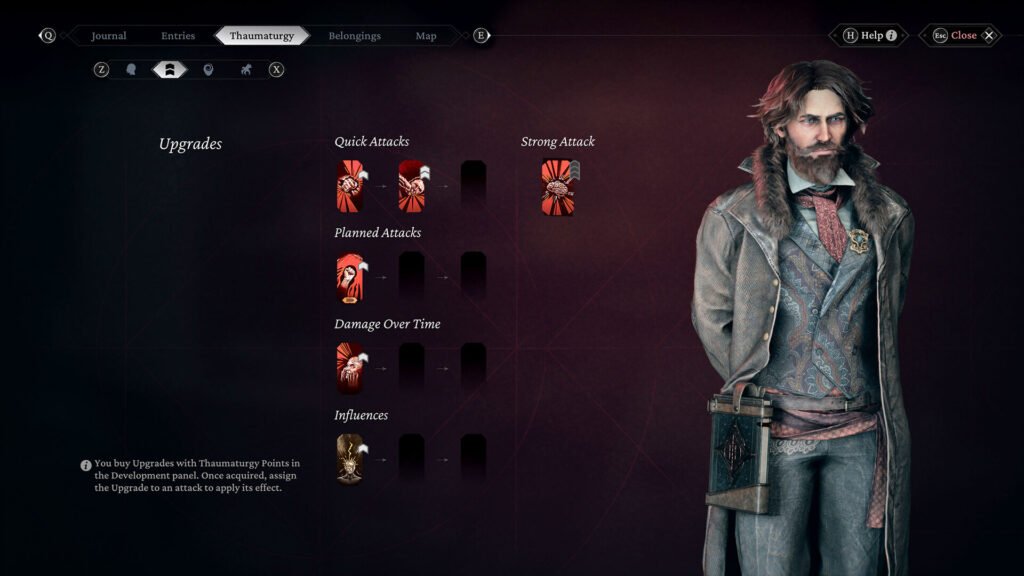THE THAUMATURGE REVIEW
A gripping version of early 1900s Poland forms the heart of this alt-history RPG.
The year is 1905. Wiktor Szulski sits on a train in Transcaucasia, now the country of Georgia. Pale and sickly, sweat dripping down the side of his face, he murmurs an apology to a ghostly figure across from him—a hovering skull draped in the cloak of an old nobleman, sword at its side and cane in its hand. Upyr is Wiktor’s closest friend and confidante, a “salutor” that attached itself to him when he was young.

Wiktor is a thaumaturge, a magician that can trap and command these salutors through the flaws they’re attracted to. He’s also desperately sick, on the verge of madness, and losing his connection to Upyr. His journey to heal himself, regain his power, and discover its limits will take him from the edges of the tsar’s reign to his home city of Warsaw in Congress Poland, under the long arm of the Russian Empire. This history is both the basis for The Thaumaturge’s story and the reason it unexpectedly bowled me over.
A Richly Compelling Setting
The Thaumaturge masterfully blends magic lineages, urban politics, and the oppressive hand of empire, creating a deeply immersive and historically rich setting. As Wiktor returns to Warsaw, he finds the city in turmoil, drastically changed from the place he once knew. This tumultuous setting provides a compelling backdrop for a story that intricately weaves together elements of magic and history.
Magic and Combat: A Mixed Bag

Wiktor’s abilities as a thaumaturge allow him to trap and command salutors, supernatural entities attracted to human flaws. These salutors, like Upyr who follows Pride, play a significant role in combat and social manipulation. Each salutor’s abilities are tied to the human flaw they follow, providing a unique twist to the game’s mechanics. However, while the combat system offers a variety of choices, it often feels repetitive and tacked onto the narrative. The true strength of the game lies in its exploration and social activities, rather than its combat.
Social Manipulation and Empathy

The most fascinating aspect of The Thaumaturge is the social manipulation system, where Wiktor can use his salutors to influence and manipulate others based on their flaws. This mechanic shines in important quests, adding depth and intrigue to the gameplay. Additionally, Wiktor’s Perception skill allows him to detect emotional traces left by people in their surroundings, providing moments of quiet empathy and beautifully written emotional remnants that enrich the world of Warsaw.
A Heartfelt and Emotionally Engaging Story

At the core of The Thaumaturge is a surprisingly heartfelt story, centered around Wiktor’s return to Warsaw and the passing of his father. The characters are compelling and realistic, with standout NPCs like Wiktor’s twin sister Ligia and his best friend Aubarycy adding depth to the narrative. The game’s writing, though occasionally inconsistent, manages to evoke a strong emotional response, making the story deeply engaging.
A Love Letter to Warsaw
Warsaw itself feels like a main character in The Thaumaturge. The city’s vibrant, diverse community, struggling to maintain its identity under imperial rule, is depicted with love and authenticity. The game captures the essence of returning to a long-lost place, with moments of lightness balancing the creeping sense of dread. The historical setting, intertwined with the magical elements, creates a poignant and impactful experience.
The Thaumaturge is more than just an RPG; it’s a journey through a richly detailed world where history and magic collide. While the combat system may feel like a distraction at times, the game’s strength lies in its exploration, social manipulation, and heartfelt story. The lovingly recreated Warsaw, with its vibrant community and historical significance, adds depth and authenticity to the narrative. In a time when the destructive effects of imperialism are still felt globally, The Thaumaturge serves as a mature and impactful echo of history, reminding us of the resilience and humanity of people living under oppressive regimes.
